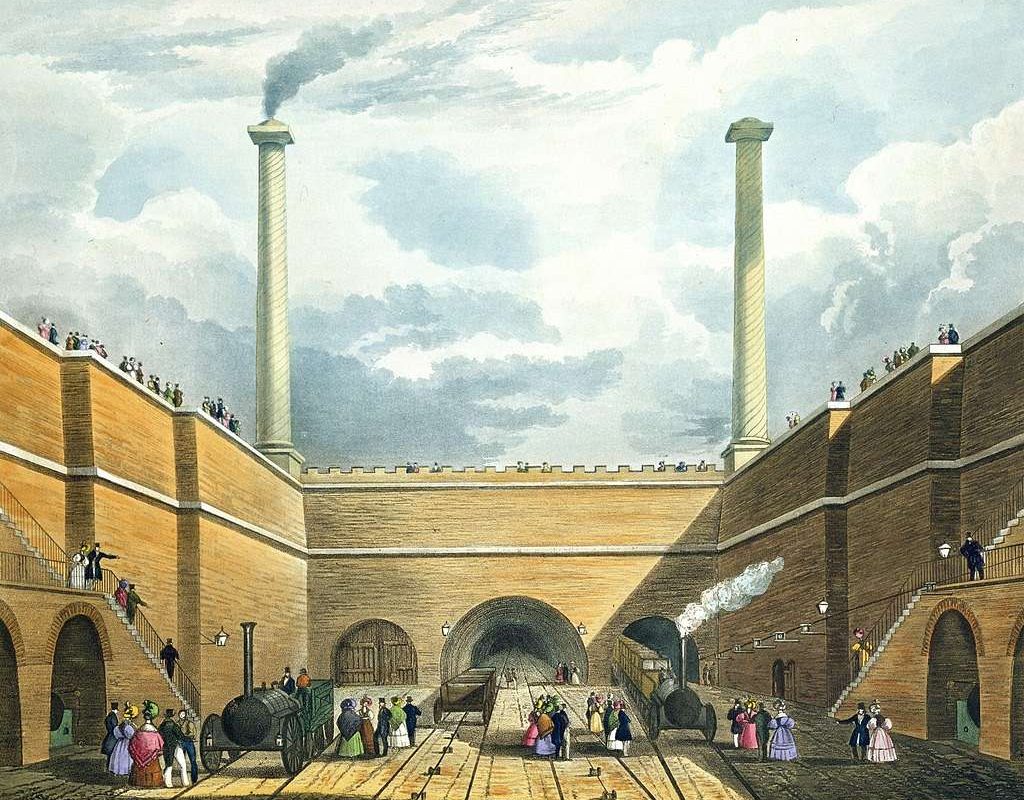Rebellious Daughters of History #35
by ,,Judy Cox

America Rising: Joan Tarika Lewis
Tarika Lewis grew up in Oakland, California, a town infamous for police brutality and segregation.
In the 1960s Tarika studied at Oakland Tech, following in the steps of other Black Panther Party Bobby Hutton and Reginald Forte.
She was a talented violinist and jazz musician who became involved in racial politics. At high school she co-founded the Black Student Union and staged sit-ins to demand the implementation of a Black Studies.
Tarika met founding members of the Black Panther Party, Bobby Seale and Huey Newton, and was inspired by their visions. She also supported the Black Panther Party’s Community Survival Programs, like the Free Breakfast for Children, Free Food Program, and Child Development Center.
In the spring of 1967, when she was 16, Lewis became the one of the first women to join the Black Panther Party. She rose in the ranks of the party, completing political education classes and training in weaponry. When male panthers questioned her shooting abilities, Tarika challenged them to a shooting match.
Tarika supported the Black Panther Party through her work as a revolutionary graphic artist. She contributed over forty images to the Black Panther newspaper between 1967 and 1969 under the pen name “Matilaba”.
Her drawings showed armed black women panthers rather than men, a shift from the very masculine representation of militant self-defense usually pictured in the newspaper.
Lewis left the Black Panther Party in January 1969, becoming a graphic artist and Jazz violinist but continued to support their campaigns.
Tarika toured with saxophonist John Handy and went on to teach visual arts as well as Jazz to inner city youth. She also is the founder of the Oakland Black String Ensemble.
Tarika published Panther: A Pictorial History of the Black Panthers. She worked on the 1995 Panther movie with Mario Van Peebles, acting as a consultant with a minor acting role.

Leader of the Black Panthers: Elaine Brown (1943)
Elaine Brown grew up in inner city, North Philadelphia with her single mother Dorothy Clark. Despite desperate poverty, Dorothy worked hard to provide Elaine with a good education.
Brown moved to California and worked as a cocktail waitress at a strip club. She soon became became involved with the Black Liberation Movement and she began working for the radical newspaper Harambee.
Elaine became the first representative of the Black Student Alliance to the Black Congress in California. In April 1968, after the assassination of Martin Luther King Junior, Elaine joined the Los Angeles chapter of the Black Panther Party. She sold the Black Panther Party newspapers, and cleaned guns.
Elaine helped the Party set up its first Free Breakfast for Children program in Los Angeles, and the Party’s initial Free Busing to Prisons Program and Free Legal Aid Program.
She became editor of the Black Panther publication in the Southern California Branch of the Party. In 1971, Brown became a member of the Party’s Central Committee as Minister of the Education.
When Huey Newton fled to Cuba in 1974, he appointed Elaine to lead the Party, the only woman to do so, Elaine Brown chaired the Black Panther Party from 1974 until 1977. In her memoir she recalled gathering the Panthers together and telling them:
“I HAVE ALL THE GUNS AND ALL THE MONEY. I can withstand challenge from without and from within. Am I right, Comrade?… I’m telling you this because it’s possible some of you may baulk at a woman as the leader of the Black Panther Party. If this is your attitude, you’d better get out of the Black Panther Party. Now… If you are such an individual, you’d better run—and fast! I am, as your chairman, the leader of this party as of this moment. My leadership cannot be challenged. I will lead our party both above ground and underground. I will lead the party not only in furthering our goals but also in defending the party by any and all means. They understood.”
In 1977, she managed Lionel Wilson’s victorious campaign to become Oakland’s first black mayor. Elaine also developed the Panther’s Liberation School.
In 1977 Elaine left Oakland with her daughter, Ericka, and moved to Los Angeles.
Brown recorded two albums, Seize the Time (Vault, 1969) and Until We’re Free (Motown Records, 1973).
After leaving the Black Panther Party to raise her daughter, Elaine worked on her memoir, A Taste of Power. She returned to the struggle for black liberation, especially radical prison reform.
From 1980 to 1983 she attended Southwestern University School of Law in Los Angeles. In 1996, Brown moved to Atlanta, Georgia, and founded Fields of Flowers, Inc., a non-profit organization providing educational opportunities for impoverished African-American children.
In 1998, she founded the Michael Lewis Legal Defense Committee, named after a 14 year old sentenced to life in prison for a murder he did not commit.
In 2003, Brown co-founded the National Alliance for Radical Prison Reform to campaign for prison reform. From 1995 to the present, she has lectured at more than forty colleges and universities, as well as numerous conferences.
In 2010, inmates in more than seven Georgia prisons used contraband cellphones to organize a nonviolent strike for better prison conditions, Brown became their “closest adviser outside prison walls.”



